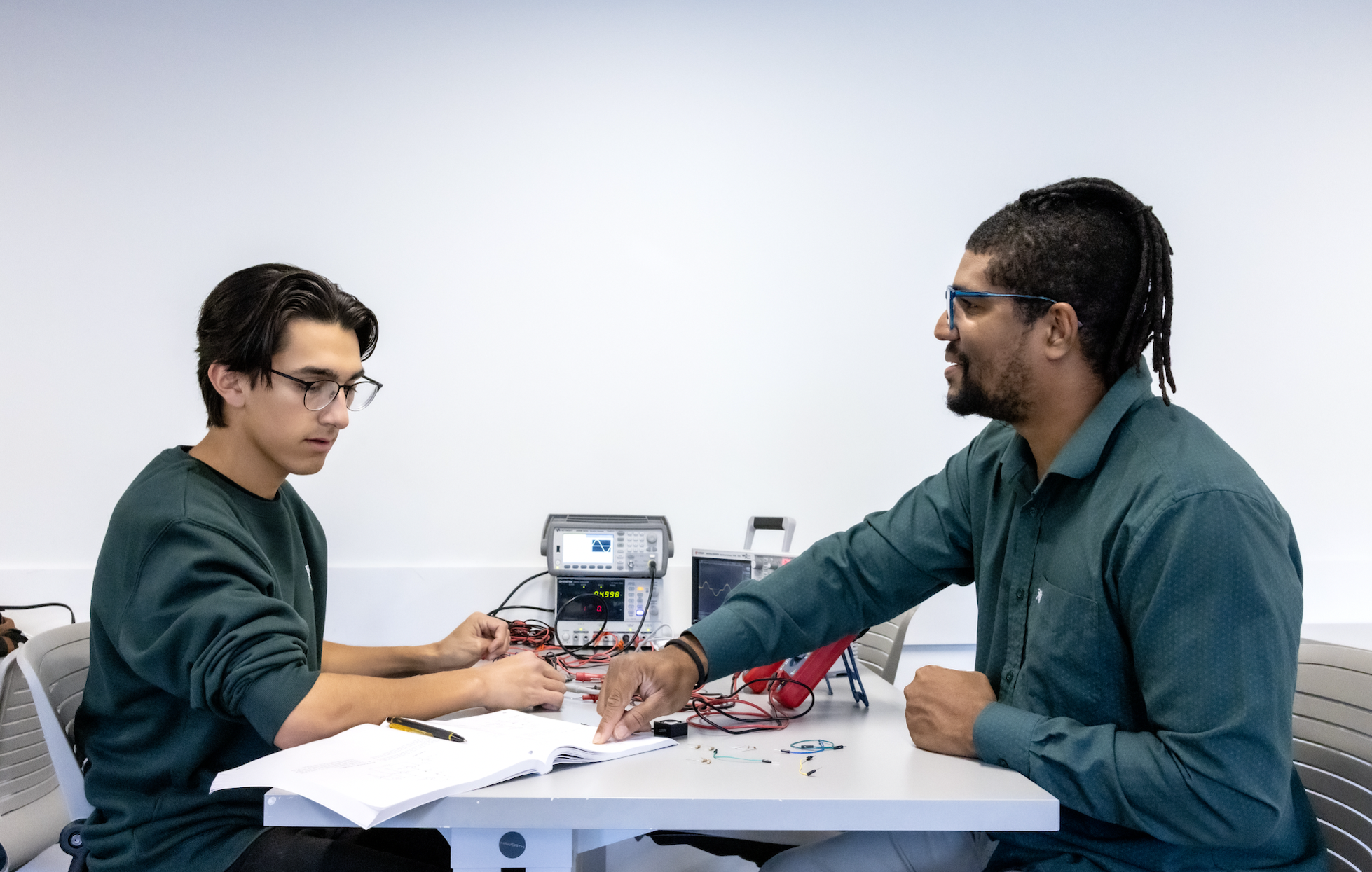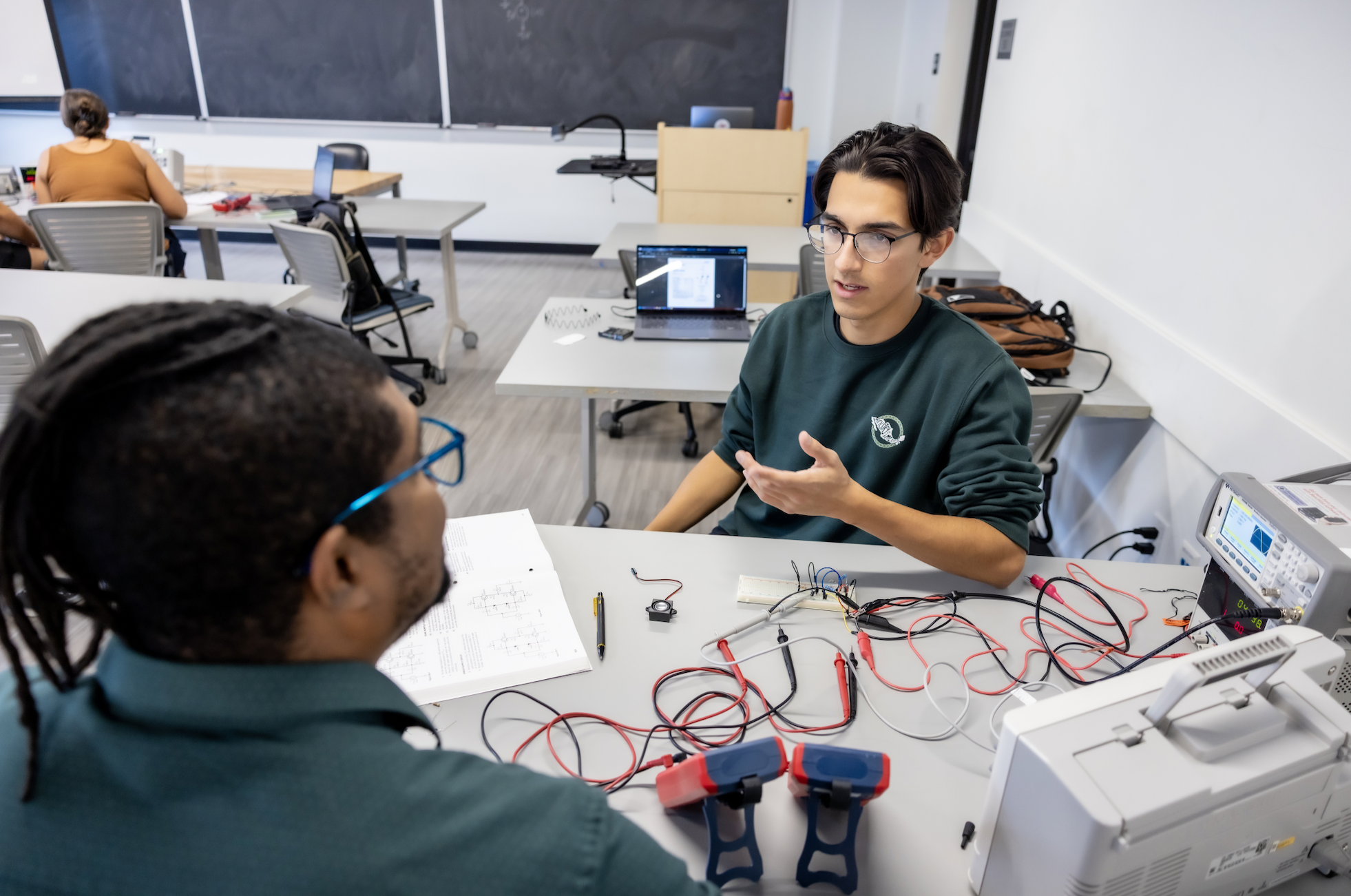PLNU’s Engineering B.S.E. with a concentration in Electrical Engineering equips you to design, test, and optimize the systems that power modern life. With a foundation in physics, mathematics, computer science, and hands-on engineering, you’ll dive into advanced training in electronics, signals, and robotics for careers in automation, manufacturing, power systems or for graduate study in electrical engineering.
Program Overview
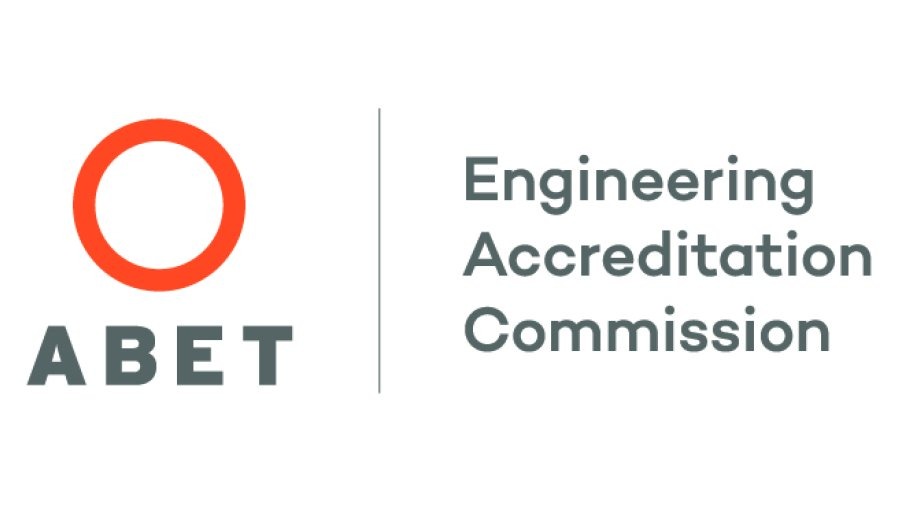
ABET Accreditation
The Bachelor of Science in Engineering is accredited by the Engineering Accreditation Commission of ABET under the commission’s General Criteria with no applicable program criteria.
Why Choose Engineering at PLNU?

Industry Recognition
Our computing programs are recognized by San Diego’s EDC as a preferred provider of engineering and manufacturing talent, giving you a competitive edge in one of the nation’s top tech regions.
Required Internship
All students complete an internship, ensuring you graduate with professional engineering experience. ABET commended this as a program strength.
Capstone Project with Purpose
You’ll complete a year-long senior design project with real-world clients. Recent projects have included designing engineering systems for mission projects in Guatemala.

Personalized Mentorship
Small class sizes and one-on-one faculty advising provide individualized support for academic planning, career goals, and graduate school preparation.
Diverse Options
Electrical Engineering is one of several emphases within PLNU’s engineering program, alongside Computer Engineering and Mechanical Engineering.
Faith + Future Focus
As you grow in technical expertise, you'll also be challenged to explore how your work in engineering can serve people, honor your calling, and make a meaningful impact.
Community Connections
The department maintains strong connections with local organizations, offering students access to internships, entry-level job opportunities, and hands-on projects, including a partnership with the nearby Naval Information Warfare Center Pacific.
What You’ll Study
You’ll build a strong base in calculus, physics, and core engineering before moving into specialized coursework such as:
- Analog and Digital Electronics
- Electricity, Magnetism, and Waves
- Signals and Systems
- Instrumentation
- Embedded Systems and Robotics
- Solid State Engineering
Your education culminates in an internship and a two-semester senior design project, where you’ll design and deliver solutions for real clients.
Graduates of PLNU’s Electrical Engineering concentration pursue careers in:
- Electrical Engineer
- Embedded Systems Engineer
- Digital Design Engineer
- Power Engineer
With ABET accreditation, hands-on projects, and strong industry connections, PLNU’s Electrical Engineering concentration prepares you to design and deliver the technologies that power modern life and to excel in industry or graduate school.
Digital Foundations
 A Circuit-ous Path: How Dan Beans Became the Electric Utility Director for the City of Roseville
A Circuit-ous Path: How Dan Beans Became the Electric Utility Director for the City of Roseville Mechanical Engineering vs. Electrical Engineering
Mechanical Engineering vs. Electrical Engineering Course List
For information about the courses required for the Engineering, B.S.E Electrical Engineering Concentration program, view the PLNU Catalog.
Start Application
Are you ready to take the next step to begin your PLNU journey? Whether you’re a high school senior, college transfer student, or international student, find out what we’re looking for in our applicants and how you can apply.
Student Support
For most students, the transition into college life is one full of adjustments. There is the excitement of newfound freedoms, but also some uncertainty as you begin to make choices and take responsibility for your own future.
At PLNU, we’re committed to supporting you — academically, professionally, spiritually, personally — so that you may be successful both in your time as a student and beyond. That’s why we offer a holistic support system that focuses on your unique experiences, particular needs, and personal and professional goals — resulting from our deep concern for you, our student.
With a focus on authentic relationships and personalized attention, our goal is to help transform you so you can follow your calling in your own career and life.
Career Opportunities
Are you curious about the driving forces behind machinery and infrastructure? Utilize a degree in electrical engineering to learn about power generation, digital interfacing, and much more so that you can flourish in the engineering industry.
What can you do with an engineering degree with a concentration in electrical engineering?
Many PLNU graduates have gone on to work in careers in academia, aerospace, computer technology, nuclear power, quantum information science, research, satellite or cellular communications, semiconductors, and solar technology (just to name a few). All are equipped with thorough knowledge and tools for their roles within these industries.
Some of the positions PLNU graduates currently hold:
Electrical Engineer
Electrical Engineers develop and maintain electrical systems for everything from aircraft and cars to communication systems and power generation. Their work supports innovation across industries.
- Median Pay: $118,780/year
- Number of Jobs: 287,900
- Job Outlook (2024–2034): +7%
- Employment Change: +19,700 jobs
Computer Hardware Engineer
A Computer Hardware Engineer designs, develops, and tests physical computer components such as processors, circuit boards, memory systems, and network devices to ensure high performance and reliability. They work closely with software and manufacturing teams to innovate and improve technology systems. Computer Hardware Engineers can work for tech companies, hardware manufacturers, research labs, government agencies, or engineering firms, with opportunities in computer design, embedded systems, and emerging technology development.
- Median Pay: $155,020/year
- Number of Jobs: 76,800
- Job Outlook (2024–2034): +7%
- Employment Change: +5,600 jobs
From Theory to Application


Engineering in Action
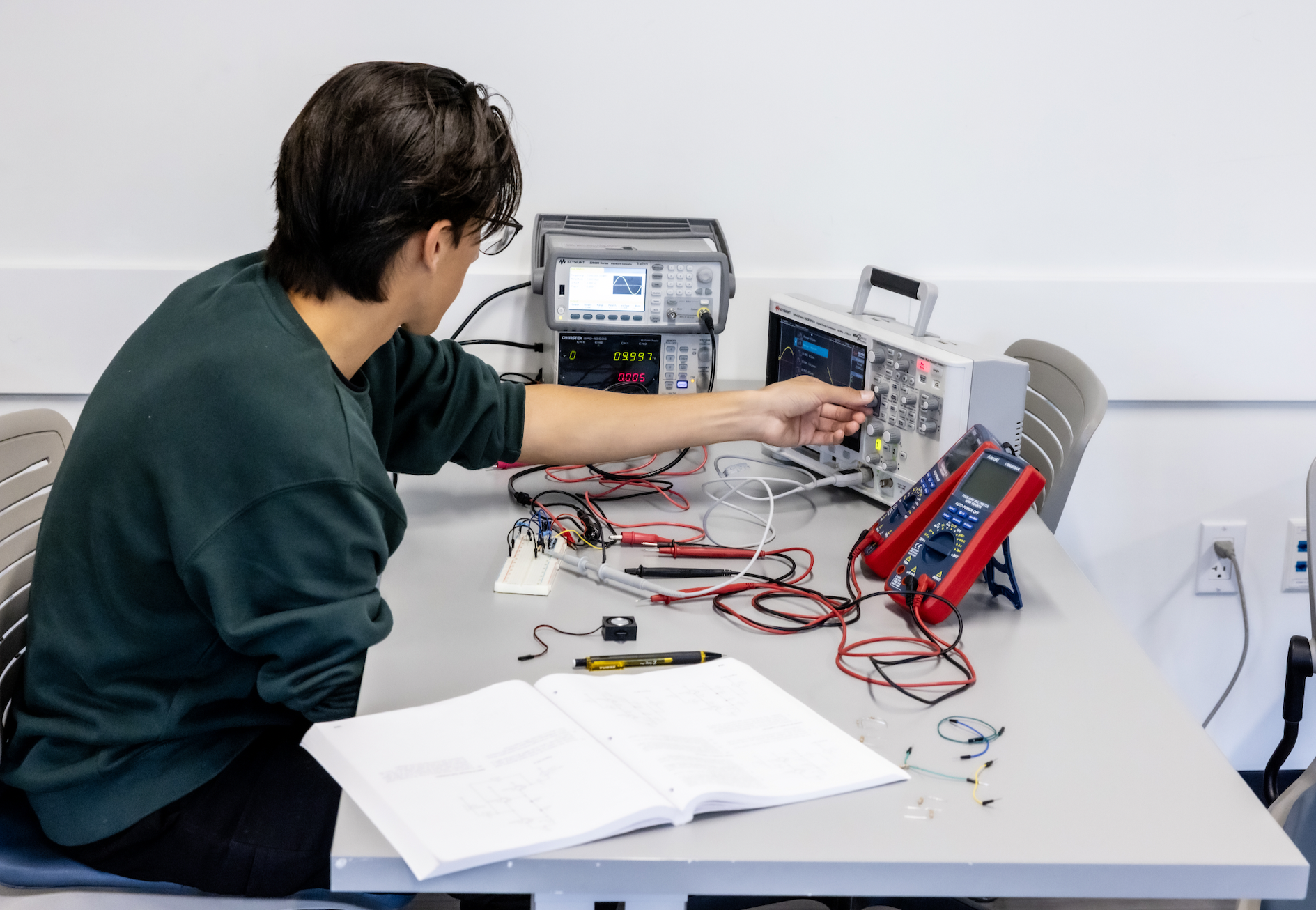
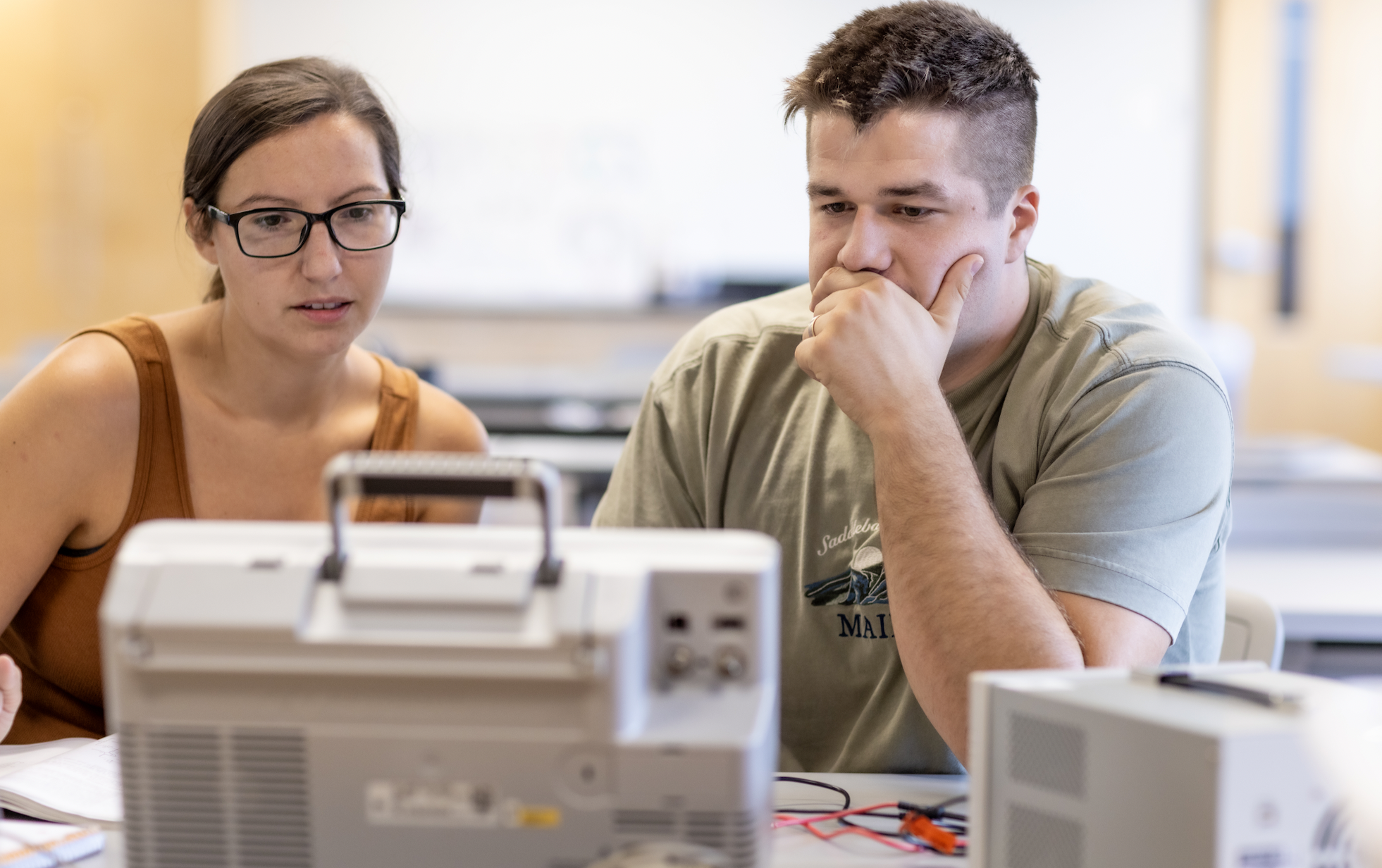
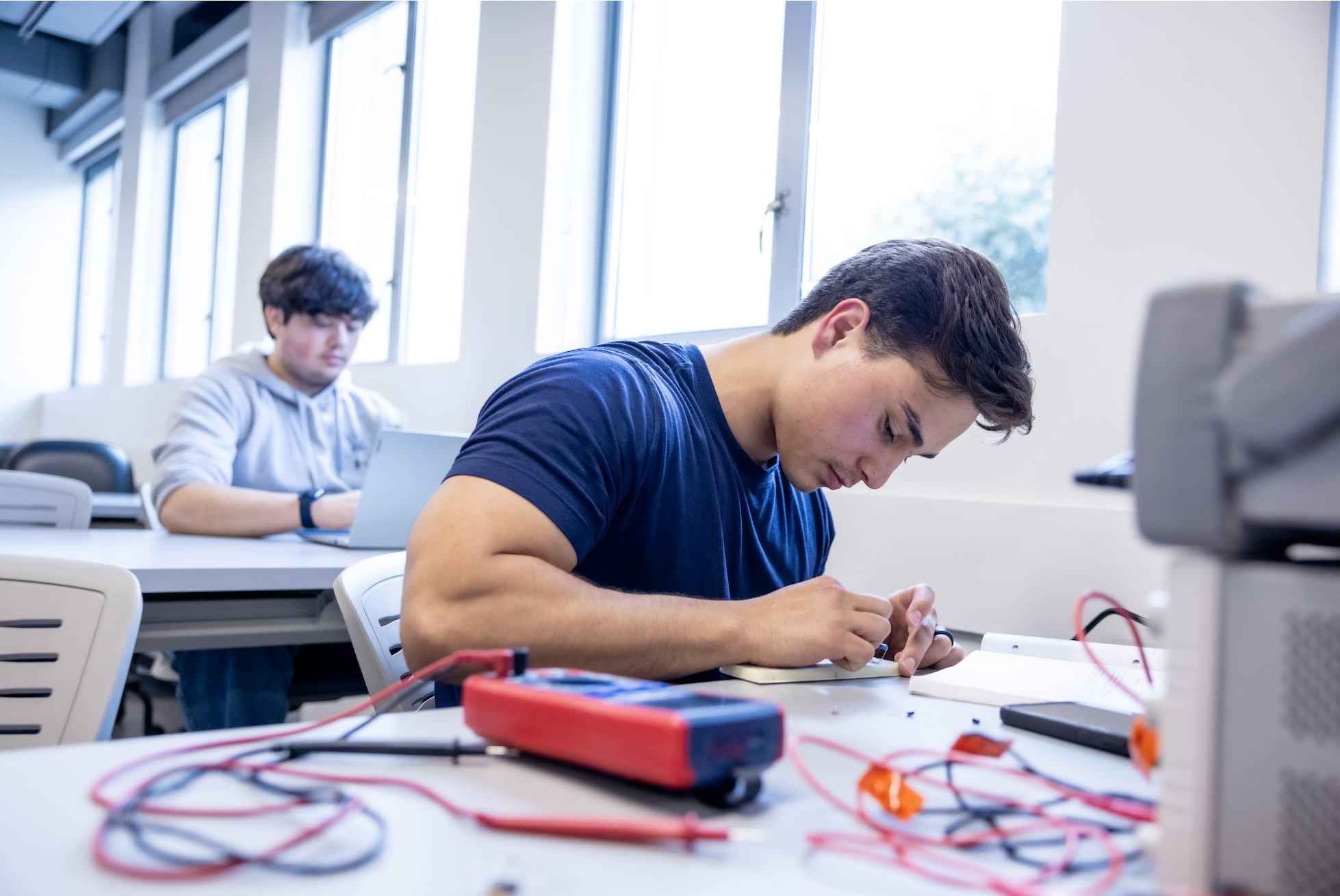
Department Faculty
 (619) 849-2960 michellechen@pointloma.edu
(619) 849-2960 michellechen@pointloma.edu
Anthony Cortez, Ph.D.
Assistant Professor of Physics and Engineering(619) 849-2439 acortez@pointloma.edu
José Manjarrés Ph.D.
Assistant Professor of Physics and Engineering619-849-2451 jmanjarr@pointloma.edu
J. David Nichols, C.Phil., Physics
Adjunct Professor of Physics and Engineering(619) 849-2219 johnnichols@pointloma.edu (619) 849-2933 paulschmelzenbach@pointloma.edu
(619) 849-2933 paulschmelzenbach@pointloma.edu







